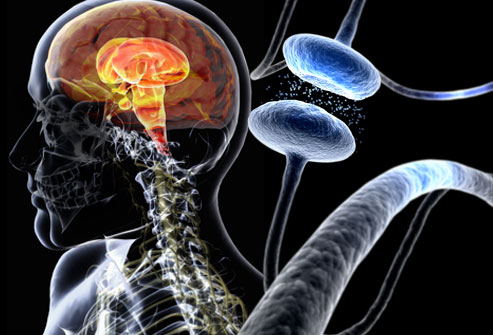Folate deficiency and Parkinson disease
In this study, in which the researchers have the blood levels of homocysteine (tHcy), vitamin B 12 and folic acid measured in patients with Parkinson’s disease (PD) and age-matched controls was possible correlations between these levels with smoking, alcohol, L-DOPA treatment and duration of disease in Parkinson’s patients.

Results:
The researchers had initially observed that the plasma (tHcy with around 30%) was increased in patients with Parkinson’s compared to the control group.
The results also indicate that the most important determinant of increased plasma concentration of (t) Hcy in PD patients was a folic acid deficiency, while in the control group (t) Hcy mainly by plasma vitamin B (12) concentrations were determined.
They also found that alcohol consumption, gender and L-DOPA treatment, the levels of plasma (tHcy, folic acid and vitamin B (12) is not significantly influence on altered in Parkinson’s.
In addition, the duration of the disease was associated with a positive (THC) and smoking with a deficiency of folic acid in Parkinson’s patients.
Given the potential harmful effects of the synergistic increase of Hcl and folic acid deficiency in the central nervous system, the researchers believe that the use of folic acid in patients with Parkinson disease should be done to normalize the Hcy and folic acid.
Thus, and with a potential avoidance of these risk factors, a neurological deterioration of the disease should be prevented.
